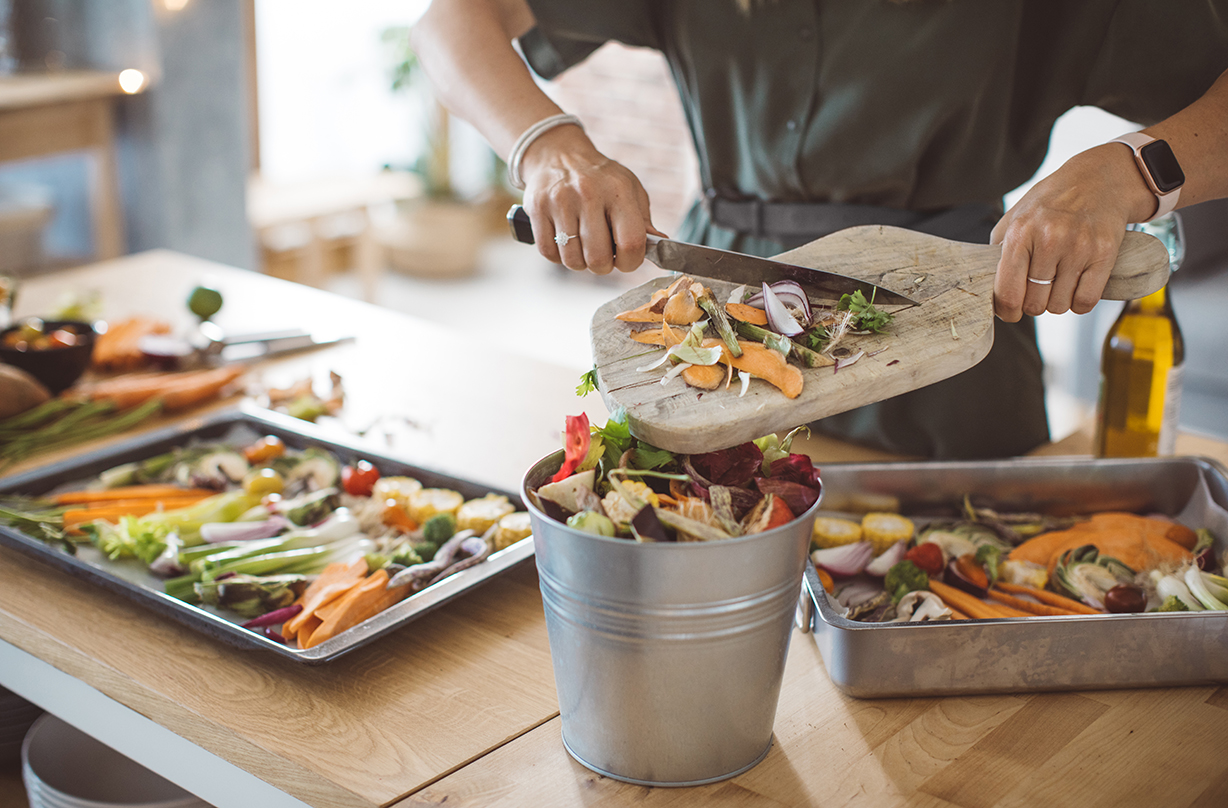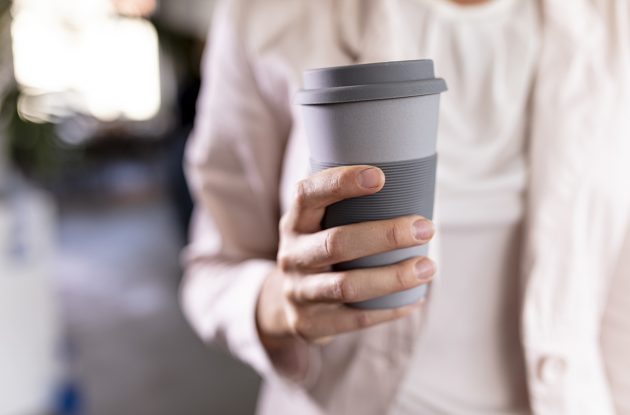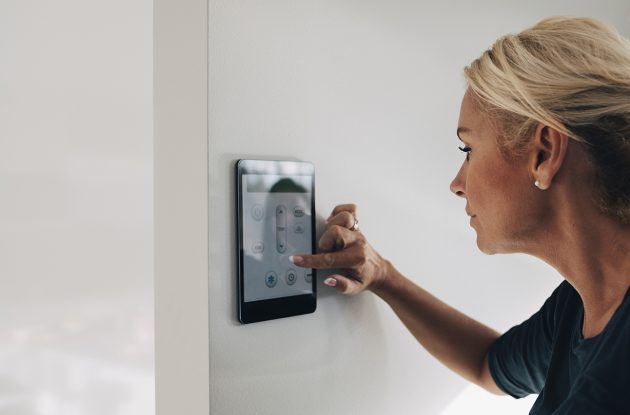Nearly half of Brits admit they could ‘do more’ to reduce waste


Nearly half of Brits have admitted they could ‘do more’ to reduce their waste, after it was found that a shocking £650 million of ‘invisible’ energy is being wasted due to Britain’s outdated energy system.
Rebecca Adlington is encouraging Brits to do more to reduce energy waste after a study of 4,000 adults found almost a quarter are unaware of where energy gets wasted in the energy system.
Four in 10 also think being energy efficient is ONLY about the individual steps people take in their homes.
However, a smarter energy system - enabled by smart meters - would help us better plan the energy we need nationally, and when and where, and it could also pinpoint where faults are occurring more quickly.
Although it is not just the energy system which needs to reduce its wastage.
The research, commissioned by Smart Energy GB, found nearly half of Brits admitted they could ‘do more’ to reduce their own waste, including energy, packaging and food.
MORE: You could save £70 a month just by changing this one thing in your kitchen
Sign up to our free daily email for the latest royal and entertainment news, interesting opinion, expert advice on styling and beauty trends, and no-nonsense guides to the health and wellness questions you want answered.
But one in 10 don’t know what difference it makes to cut back on the amount of plastic, food and energy they use, with a third saying it can be an inconvenience to reduce their waste.
Double Olympic champion Rebecca Adlington, who is fronting the campaign, said, “When it comes to reducing waste at home, we are all trying to do more.
“We recycle, drink from reusable cups and eat wonky carrots.
"We all know that we need to save energy too, but because energy waste is invisible, it’s tricky to know how we can reduce it.
“Having spent most of my career trying to conserve my own energy, I recently turned my attention to the kind that powers our homes, because I knew it was the missing piece in my attempts to live a more eco-friendly life.

“We can help stop some of this pointless national energy waste by making our energy system smarter.
“It’s a bit like when we made the change from analogue to digital TV and all benefited from a smarter entertainment schedule - if our energy system was digital it could help us better plan the energy we need nationally, and when and where; help us use more renewable energy sources, and pinpoint where faults are happening more quickly.
“By getting a smart meter we can all help upgrade our outdated energy system, which will contribute to saving an estimated £650 million of this ‘invisible’ energy waste.
“I’ve had my smart meter for several years now and it’s been a huge help in enabling me to reduce the energy use in my house.
"What I didn’t realise is that just by getting it installed, I was also helping to update our energy system to one that is more efficient and less wasteful.”
MORE: 5 beauty brands that use plastic free or zero waste packaging
The study also found 63 per cent of those polled said the biggest responsibility for reducing waste in society lies with everyone.
And as many as six in 10 said they would be more careful about how much they waste if there was less effort involved.
It also emerged that plastic is the number one concern for the nation when it comes to reducing waste, with just 36 per cent recognising the importance of watching their energy consumption.
The research, conducted via OnePoll, found a fifth admitted that a change to their own behaviour is in order if they want to reduce their waste, while one in 10 don’t think their efforts - as one person - have an effect.
Yet more than a third agreed they, as an individual, hold the biggest responsibility for reducing waste in society.

More than three quarters of Brits think they are ‘doing their bit’ at home to waste less energy/reduce energy waste.
Reducing the temperature of the washing machine, turning the heating down and getting a smart meter installed are among the ways Brits are trying to reduce their energy consumption.
When influencing people to make a difference and reduce waste, TV and radio programmes are having a big impact as well as social media.
And more than one in 10 also said their children are having a big impact on the choices they make.
Robert Cheesewright, director of corporate affairs, Smart Energy GB, said, “Energy system wastage is largely invisible, and if we can’t see something then we understandably don’t think about it.
MORE: Four IRL women reveal how they've (almost) gone plastic-free
“This waste happens throughout the energy system; from where it’s generated, moving through the network to our homes, and then within our homes too.
“The good news is that there is something we can all do to help - by getting a smart meter we can make the move to a smarter energy system that is less wasteful, saving our country millions of pounds.
"Smart meters also help make energy waste visible in the home, enabling people to be more mindful of their energy use.”
To find out more about how smart meters are contributing to a smarter energy system, please go to https://www.smartenergygb.org/en/smart-living/wasteland.

Aleesha is Beauty eComm Editor at woman&home, where she gets to share her expertise into all the best techniques, sharpest tools and newest products—with a particular savvy in skincare and fragrance.
Previously, she was Deputy Editor and Beauty & Fashion Editor for My Imperfect Life, where she headed up the beauty, fashion and eCommerce pages. In the past, she has contributed to a number of women's lifestyle publications, including Women's Health and Stylist, and has earned an MA in Magazine Journalism from City, University of London and an AOP awards nomination for her past work on woman&home's news team.